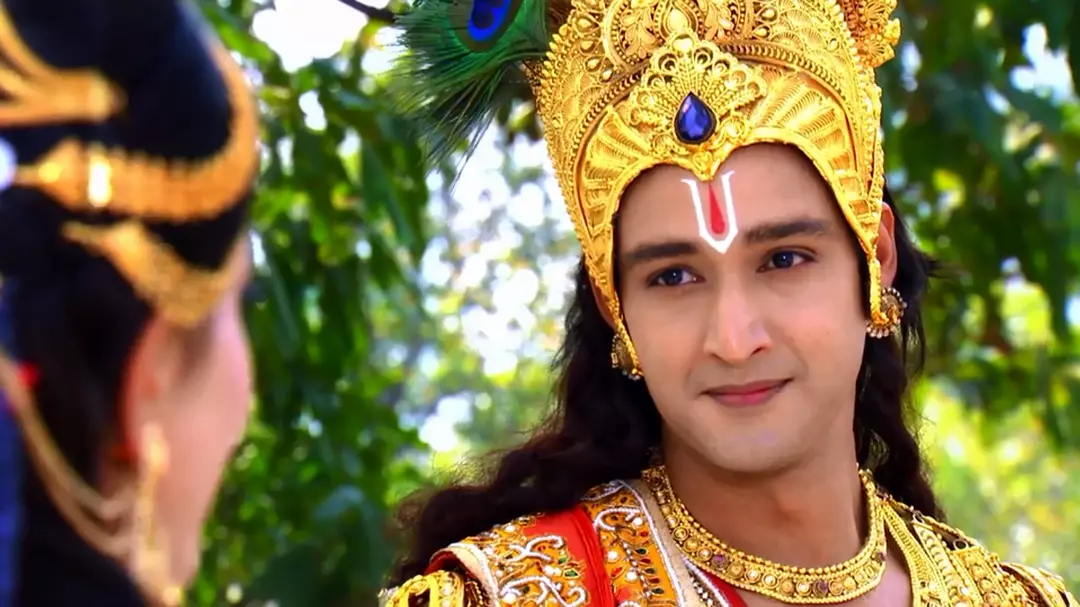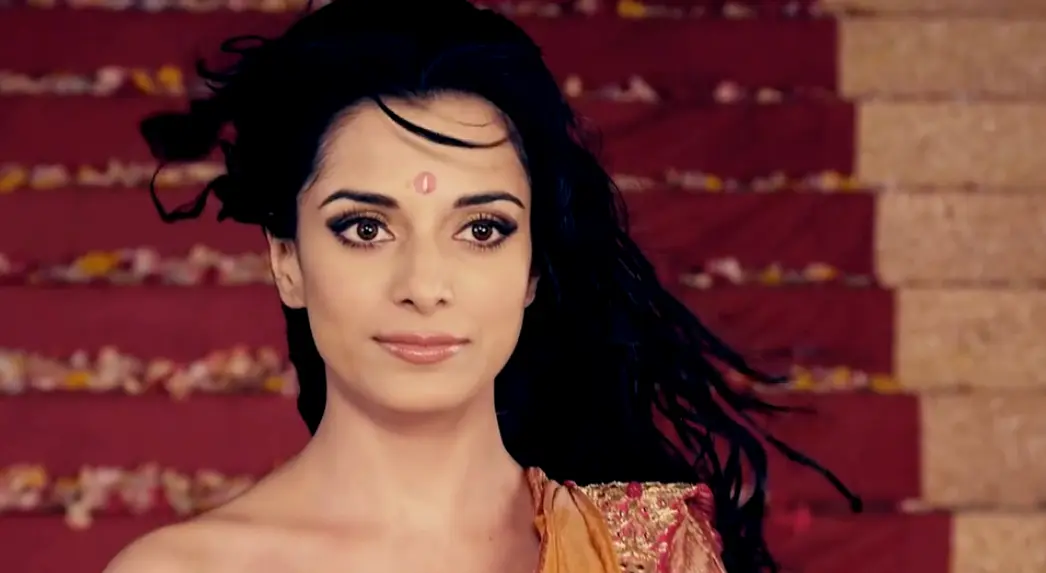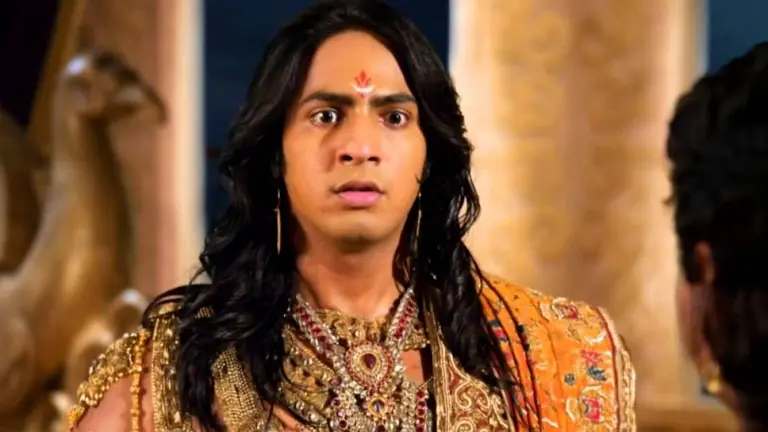Mahabharat
The Origins of a Kingdom
The story begins with King Shantanu of Hastinapur, who falls in love with the fisherwoman Satyavati. To ensure his father’s happiness, the prince Devavrata willingly renounces his claim to the throne. Satyavati’s son, Chitrangada, dies unexpectedly, prompting Satyavati to call upon her premarital son, Vyasa, to help continue the lineage. Through Vyasa, two heirs—Dhritarashtra, born blind, and Pandu—are born. Pandu ascends the throne while Dhritarashtra remains sidelined due to his blindness. This intricate family background sets the stage for political intrigue, rivalry, and the complexities of dynastic succession.
 The Birth of the Princes
The Birth of the Princes
Pandu marries Kunti and Madri, while Dhritarashtra weds Gandhari. Through a divine intervention facilitated by a spell, Pandu and his wives give birth to five sons, known as the Pandavas, while Dhritarashtra fathers a hundred sons, the Kauravas. The princes grow up under the shadow of prophecy, curses, and familial tension. The series portrays their childhood, training, and early challenges, emphasizing themes of destiny, duty, and the moral complexities of leadership. Each prince is imbued with qualities that foreshadow their roles in the coming conflicts.
 The Rivalry Between Clans
The Rivalry Between Clans
As the Pandavas and Kauravas come of age, tensions over the throne intensify. The Kauravas, led by Duryodhana, seek to consolidate power and undermine the Pandavas, creating a tense atmosphere of rivalry, jealousy, and strategic maneuvering. The series depicts battles, political schemes, and alliances formed through marriages and treaties. Themes of honor, justice, and loyalty are explored as both clans prepare for an inevitable confrontation. This period highlights the personal and ethical dilemmas faced by warriors destined for greatness.
The War for the Throne
The story culminates in the epic Kurukshetra War, where the Pandavas and Kauravas clash in a monumental struggle for control of Hastinapur. The series portrays legendary battles, heroic feats, and moral conflicts, illustrating the cost of ambition, the consequences of choices, and the enduring power of dharma. *Mahabharata* is more than a tale of war; it is a timeless exploration of human nature, duty, and the complexities of familial loyalty, offering profound lessons on leadership, honor, and destiny that resonate across generations.

